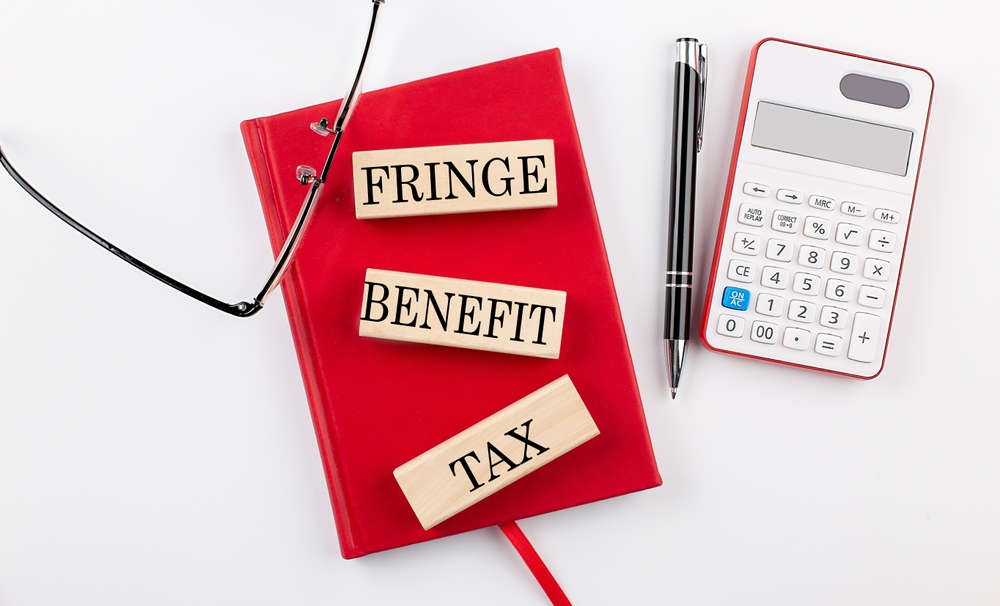It would be great if life operated in a straight line. Your business would slowly go on a nice upward trajectory year in year out. There would be no big wins and no staggering losses. You would pay tax consistently for cash-flow planning. A forecast for your business and investments would be simple.
Sadly that does not happen. Life is chaotic and messy. Business is chaotic and messy.
The tax benefits of superannuation are focussed directly towards the people who have consistent repetitive incomes. For families who own businesses the tax system can work against them due to the nature of marginal tax rates.
Let me explain. Alfonzo earns $180,000 a year. He works as an optometrist within a hospital and loves his job. Michael runs a business developing real estate and he also earns an average of $180,000 a year. However the nature of the business is that some years he will earn $130,000 and some years he will earn $230,000.
However over a decade Alfonzo will pay $578,320 in tax. Michael will pay $598,320 in tax.
The simple volatility of Michael’s income will cost him a whopping $20,000 in tax.
Yes the tax system for business owners is harsh. However there is a way to correct this extra tax burden.
Michael can contribute to his superannuation fund and get a tax deduction for it. However the tax deductions are limited – so if he contributes the full $25,000 a year in the “good” years he still has income incurring tax at the top marginal rates. His taxable income will go from $230,000 a year to $205,000 a year.
Michael will still have $25,000 a year being taxed at the highest marginal tax rate. And this will still give Alfonzo a competitive advantage in his long-term tax strategy.
However Michael can use the concept of superannuation “reserving” to get around this tax problem. This means he can double his tax deductions for his superannuation contributions. So Michael could inject $50,000 a year into his superannuation fund during the good years, enjoy a tax deduction, and nothing during the “bad” years.
In short the ability to make a concessional contribution (or tax deductible) contribution to a super fund stops you at $25,000. If you put in more than that the tax benefits stop. However your superannuation fund has 28 days to allocate the contribution to a member. The $250,000 cap is triggered when the contribution is allocated by the fund – not when the fund receives the tax deductible contribution.
So if a person injected $50,000 into their superannuation fund in June 2018 they would enjoy a $50,000 tax deduction.
Now most people will tell you that the SMSF can only receive $25,000 of concessional (tax effective) contributions a year. However the SMSF has 28 days to allocate the contributions to a member. And as we mentioned before the $25,000 cap per person is triggered when the superannuation fund allocates the tax contribution to the member (which it has to do within 28 days of receipt).
So in this case the SMSF could allocate the first $25,000 of contributions for Michael in June 2018 and then allocate (within 28 days) the balance of the contributions ($25,000) to Michael in July 2018.
This will ensure that in the good year Michael can avoid incurring the highest marginal tax rates.
So what is the value? Well if you make a tax deductible contribution of $25,000 a year, while you are on the highest tax rate the value of the overall tax benefit is $8,000 a year. However the same contribution to a SMSF in a lower tax year (say between $87,000 and $180,000) is only worth $6,000 a year.
In Michael’s case by doubling down on the SMSF contributions so that all 10 contributions are made during the high income years he will enjoy $20,000 of tax benefits over a decade.
Now there is a bit of work to do to make sure that it happens – you need to notify the Tax Office of your superannuation strategy, make sure the tax strategy is implemented properly and you need to review the SMSF deed to make sure the tax strategy works.
Clearly not something that should be done without a smart tax advisor by your side.
However it is fair to say that business families with volatile income streams have tax strategies at their disposal that can make a long term benefit to their affairs.
Our SMSF specialists will give you expert advice for a long-term tax strategy, which benefits you and your family business, get in touch today.




